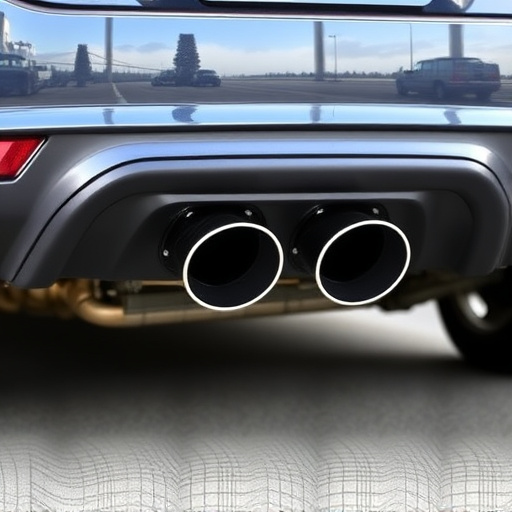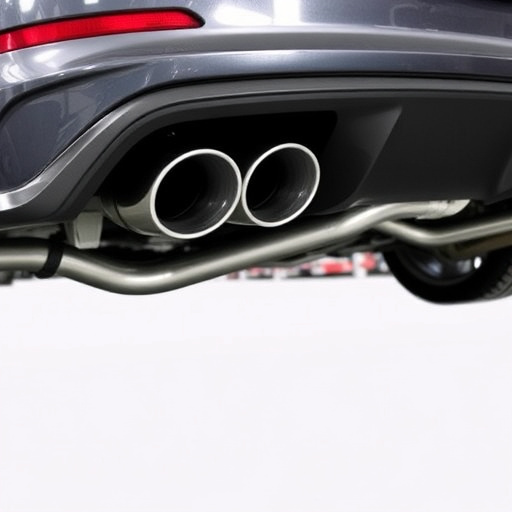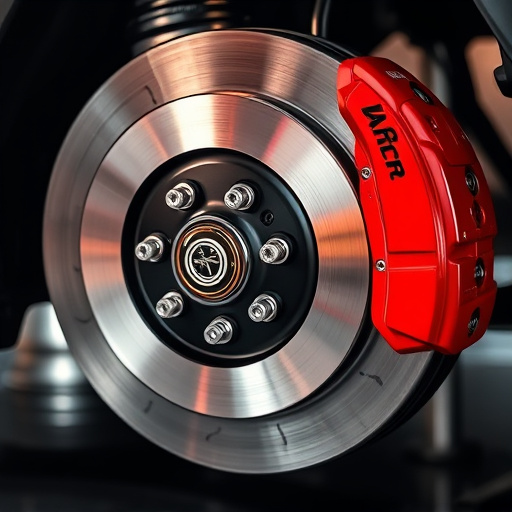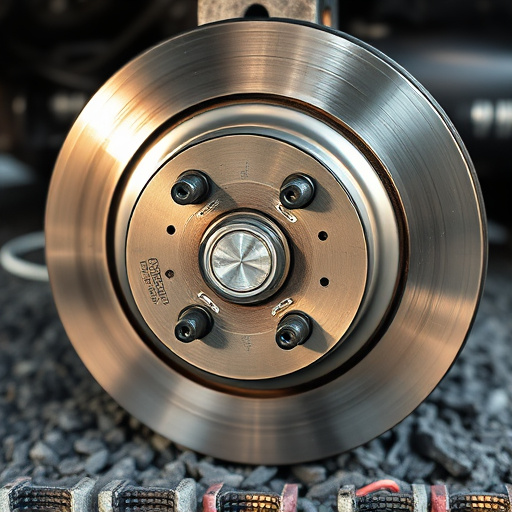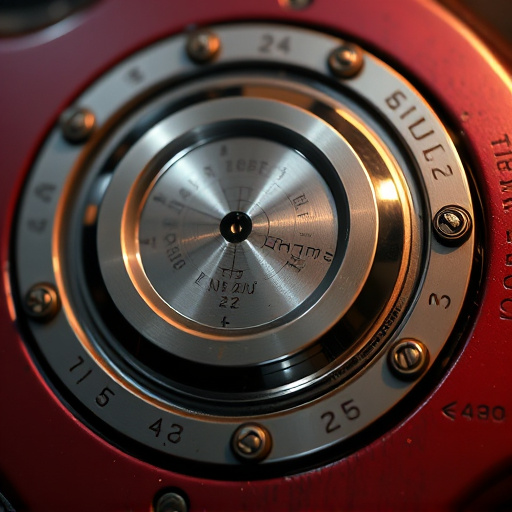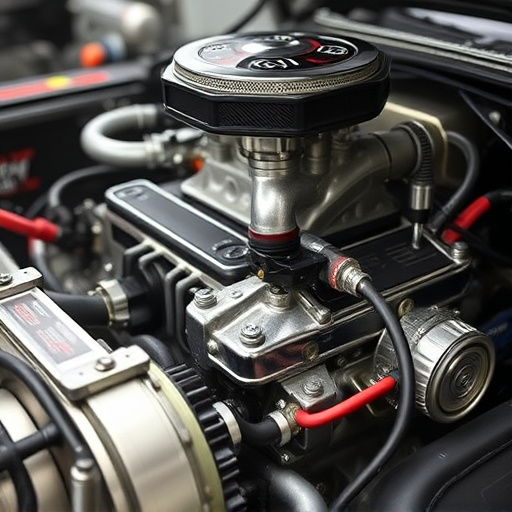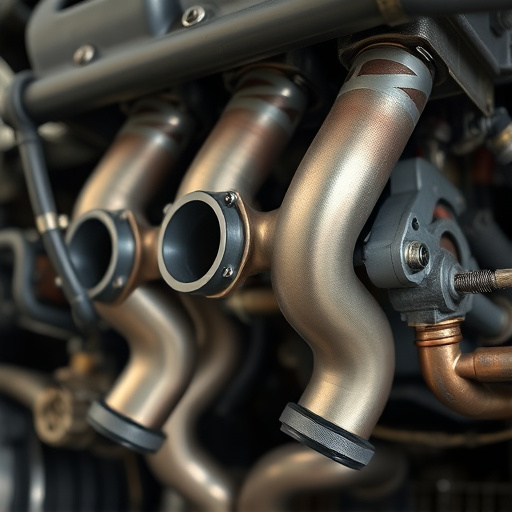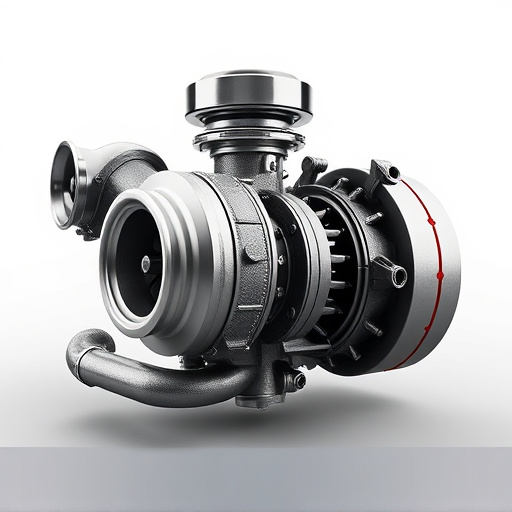When replacing or upgrading a universal catalytic converter (UCC), consider vehicle specifics, budget for labor and related components, and evaluate maintenance needs. Despite higher initial costs, UCCs offer long-term savings through reduced emissions, fuel consumption, and pollution, making them an eco-friendly choice. Regular assessment of the converter's condition can help decide between replacement or maintenance.
In today’s eco-conscious world, understanding the universal catalytic converter (UCC) is essential. This compact yet powerful device plays a vital role in reducing vehicle emissions. This article delves into the diverse types and costs of UCCs, providing a comprehensive guide for budgeting. We explore factors influencing replacement expenses and offer insights into long-term savings and environmental benefits. By navigating these aspects, individuals can make informed decisions regarding this game-changing emission control technology.
- Understanding Universal Catalytic Converter Types and Costs
- Budgeting for Replacement: Expenses and Factors to Consider
- Long-Term Savings and Environmental Impact Analysis
Understanding Universal Catalytic Converter Types and Costs
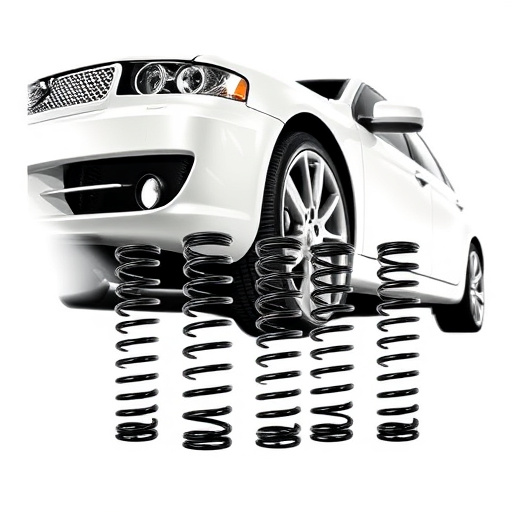
Universal catalytic converters (UCCs) come in various types, each designed for specific applications and with differing cost implications. Understanding these types is crucial when planning a budget for vehicle modifications or repairs. The most common types include oxygen sensors, catalyst coats, and substrate materials like ceramic or metal. High-performance parts, such as those featuring advanced catalysts and larger flow paths, tend to be more expensive but offer improved efficiency and reduced emissions, appealing to those prioritizing performance and environmental impact.
In contrast, standard or stock UCCs are designed for mass production and affordability, making them a cost-effective choice for basic emission control. When considering the budget for a catalytic converter universal replacement or upgrade, it’s essential to weigh the costs against the benefits. Factors like vehicle make and model, intended use (e.g., daily driving or off-road), and desired performance levels will influence the selection and, consequently, the financial outlay. Additionally, suspension components and performance air filters, though unrelated to UCCs directly, can indirectly affect overall budget planning by impacting vehicle dynamics and airflow, respectively.
Budgeting for Replacement: Expenses and Factors to Consider
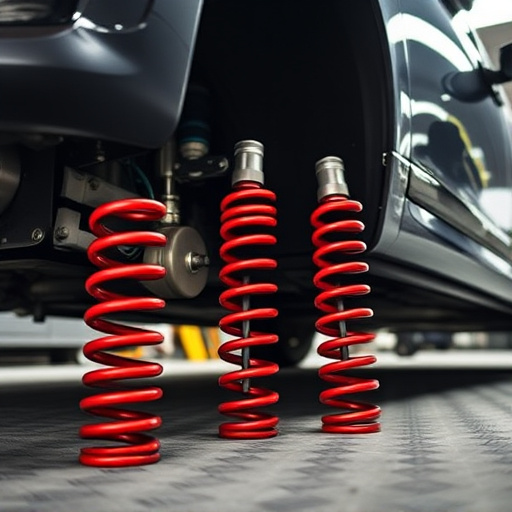
When budgeting for a universal catalytic converter replacement, several cost factors and expenses come into play. Firstly, the price of the converter itself can vary widely depending on its make, model, and compatibility with your vehicle. Universal converters are designed to fit various models but may require additional fittings or adjustments.
Additionally, labour costs should be considered, as installing a new catalytic converter often involves replacing related intake components, exhaust mufflers, or air intake systems. Regular maintenance like cleaning or repairing the existing converter can sometimes be a more economical option than a complete replacement, so it’s important to assess its condition and compare costs with installation expenses for new universal converters.
Long-Term Savings and Environmental Impact Analysis
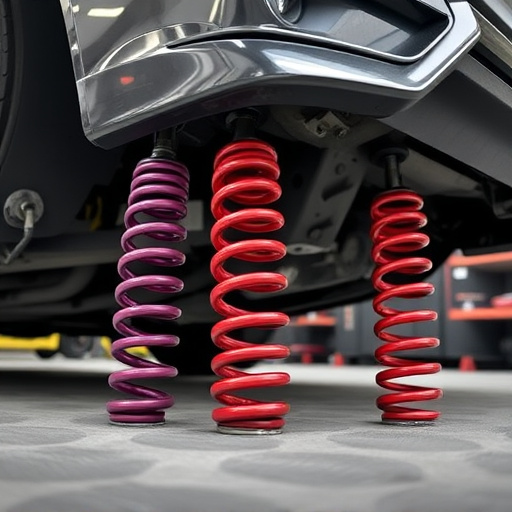
Investing in a universal catalytic converter can lead to significant long-term savings for vehicle owners. While the initial cost may be higher than traditional cat back exhaust systems, these converters offer a more cost-effective solution over time. By reducing harmful emissions and improving engine efficiency, they can lower fuel consumption, which translates into substantial savings on gas expenses. This environmental approach not only benefits personal finances but also contributes to a greener planet by minimizing pollution from vehicle emissions.
An Environmental Impact Analysis (EIA) reveals that universal catalytic converters play a crucial role in sustainable transportation. By integrating these advanced components into exhaust systems and enhancing their performance, vehicles can meet stricter emission standards. This, in turn, leads to improved air quality, especially in urban areas with high traffic density. Moreover, the reduced need for frequent maintenance of intake components and air intake systems further extends the overall savings, making universal converters a practical choice for eco-conscious consumers.
When budgeting for a universal catalytic converter replacement, it’s essential to consider various cost factors and long-term environmental benefits. Understanding different types and their costs empowers informed decision-making. By factoring in installation expenses, maintenance savings, and reduced emissions, you can anticipate significant returns on your investment. Planning ahead allows for smoother transitions and contributes to both fiscal and ecological sustainability.






